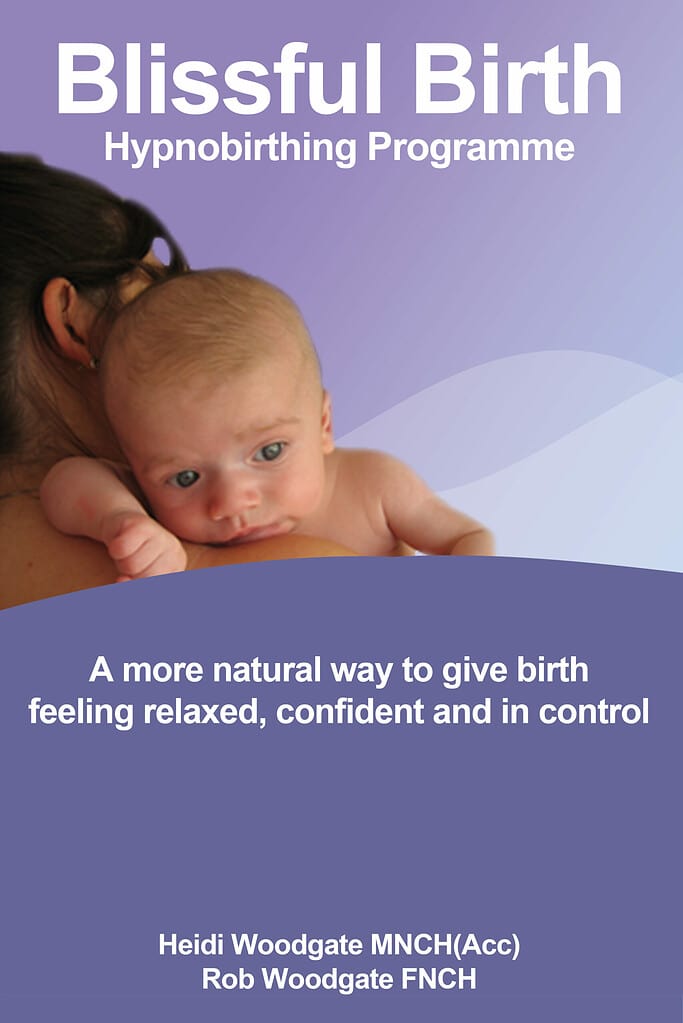
The currently accepted practice in the UK is to accelerate the arrival of the placenta with an injection and clamp and cut the cord immediately… something known as ‘assisted third stage’.
Back in 2006, when we had our eldest, the midwives were astonished that we didn’t want to ‘hurry things along’ like everyone else, even though there was no compelling medical reason to do it.
Most other mothers, it seems, faced with convention and deferring to ‘medical advice’ just go along with the practice.
But according to the BBC, that Royal College of Obstetricians and Gynaecologists have warned that clamping and cutting the umbilical cord immediately after birth puts the baby at risk of iron deficiency.
Their research showed that babies who had their umbilical cord clamped immediately after birth had lower iron stores for up to six months, which increased the risk of brain development problems.
The college recommends that the umbilical cord should not be clamped earlier than necessary and should always be based on clinical assessment of the situation.
The suggestion is that the cord should not be cut until it has stopped pulsating naturally – anywhere between two and five minutes after birth – as this allows the blood in the cord to transfer to the baby.
The National Institute for Health and Care Excellence (NICE) says official guidelines are currently being examined it will publish new guidelines next year.
Bye for now
Heidi




